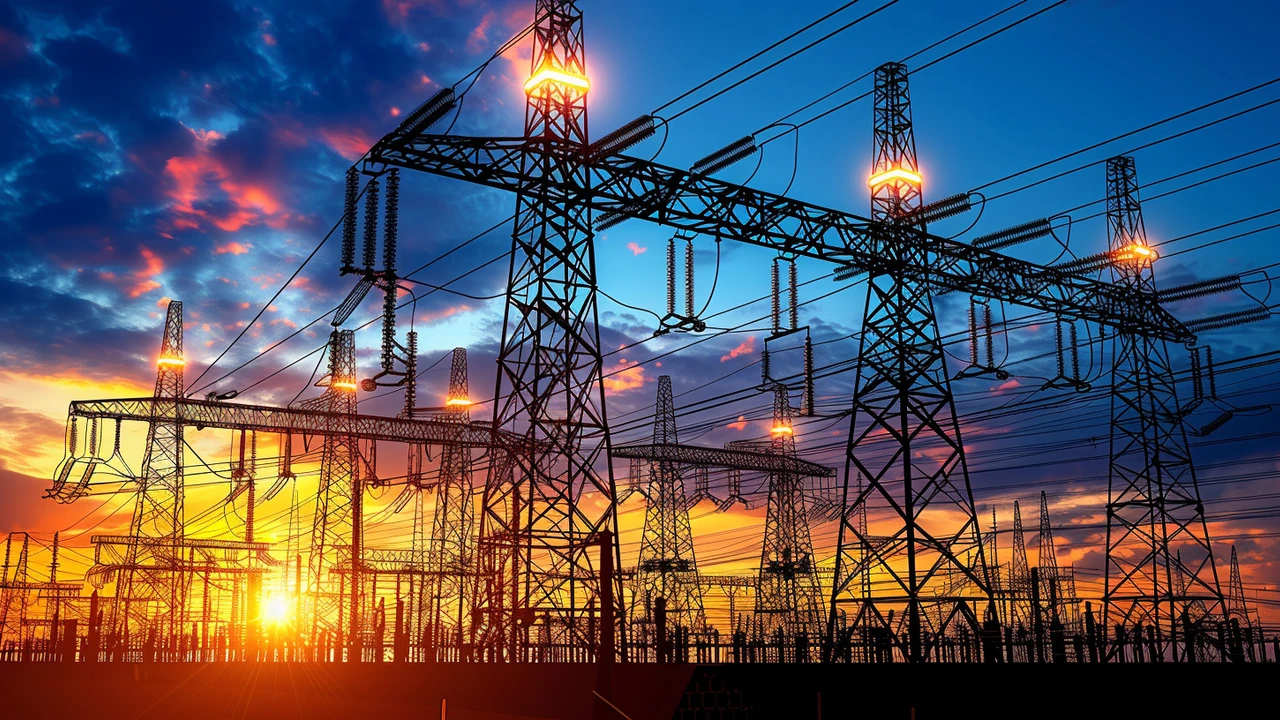Nigeria Blackout: What’s Behind the Power Outages?
If you live in Nigeria or follow its news, you’ve probably noticed frequent blackouts lately. Power outages hit many parts of the country and disrupt everything from homes to businesses. But why is Nigeria struggling with electricity supply? Let’s break it down.
Why Do Blackouts Keep Happening?
At the heart of the problem is the energy infrastructure. Nigeria relies mostly on aging power plants and a fragile distribution network that can’t meet the growing demand. When any part breaks down or fuel supply gets tight, the whole system feels the strain.
Another issue is maintenance. Delays in repairs and upgrades mean small problems quickly turn into major outages. Sometimes, natural factors like storms worsen the situation by damaging power lines or equipment. Add to that administrative challenges like power theft and irregular billing, and you get a recipe for frequent blackouts.
How Do These Blackouts Affect Daily Life?
Electricity is essential for everything from cooking and working to education and healthcare. When blackouts hit, many Nigerians have to rely on generators or other costly alternatives, which raises household expenses and harms the environment. Businesses suffer too, as shutdowns mean lost income and frustrated customers.
The ripple effects can also reach schools and hospitals, impacting learning and critical health services. In cities, unreliable power can slow economic growth, making it tough to attract investment or support industries that rely on steady electricity.
Keep an eye on updates about Nigeria's efforts to fix these problems. Understanding the root causes helps us see why fix solutions take time and why keeping power on is such a big challenge. Meanwhile, staying prepared for outages and supporting calls for better infrastructure can make a difference for everyone affected.

Nigeria Faces Fourth Nationwide Blackout in 2024 as National Grid Collapses Again
Nigeria has suffered its fourth national grid collapse of the year, resulting in a country-wide blackout. This latest failure adds to the country's ongoing electricity crisis, with system failures also recorded in February, March, and April of 2024. The Abuja Electricity Distribution Company is working with authorities to restore power, acknowledging that gas constraints have been impacting generation capacity.